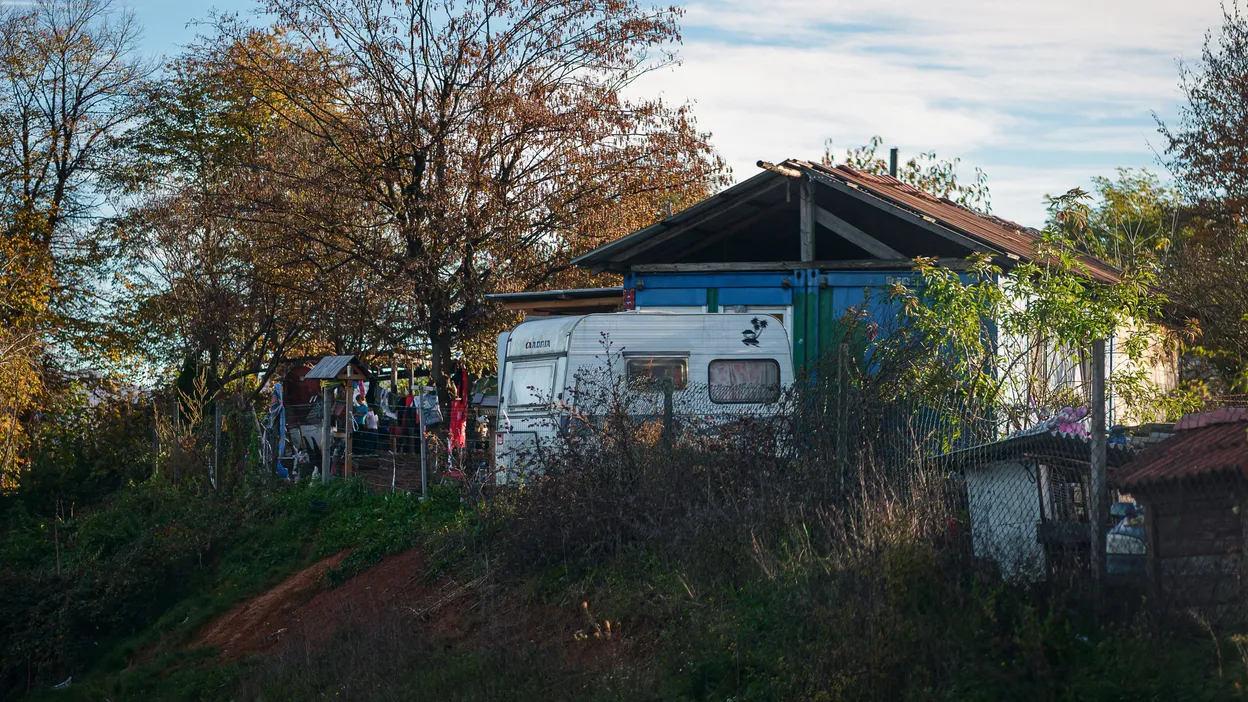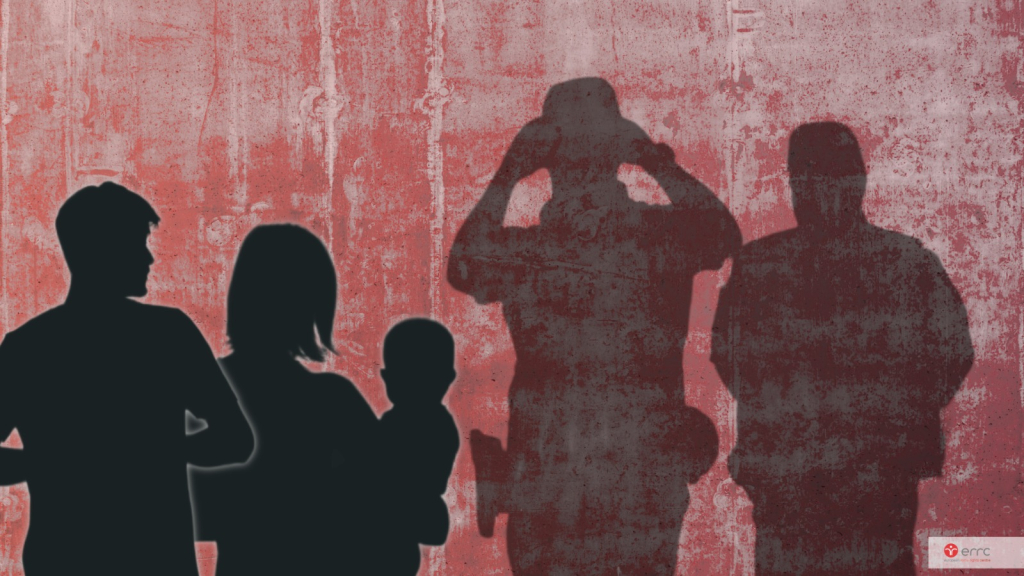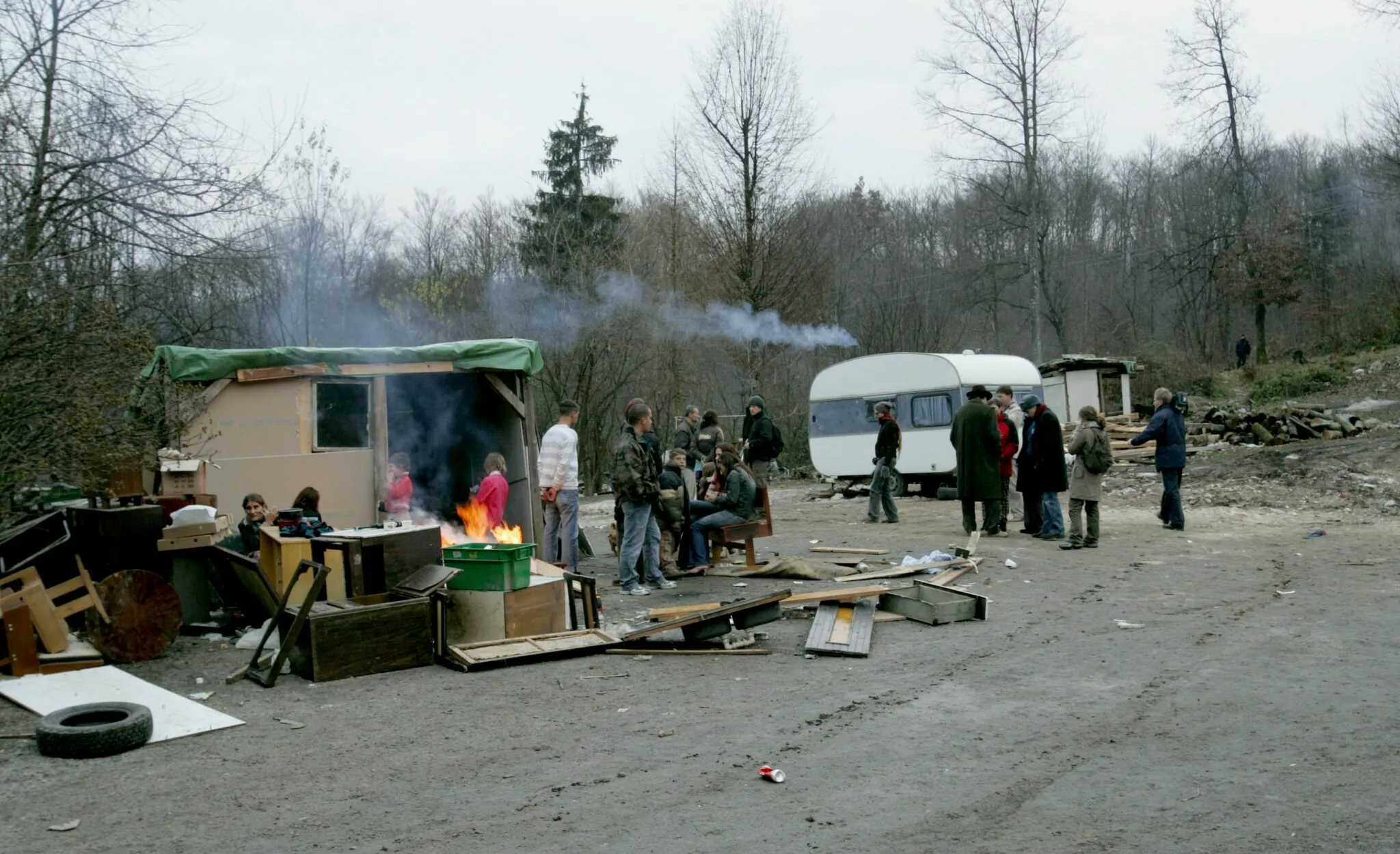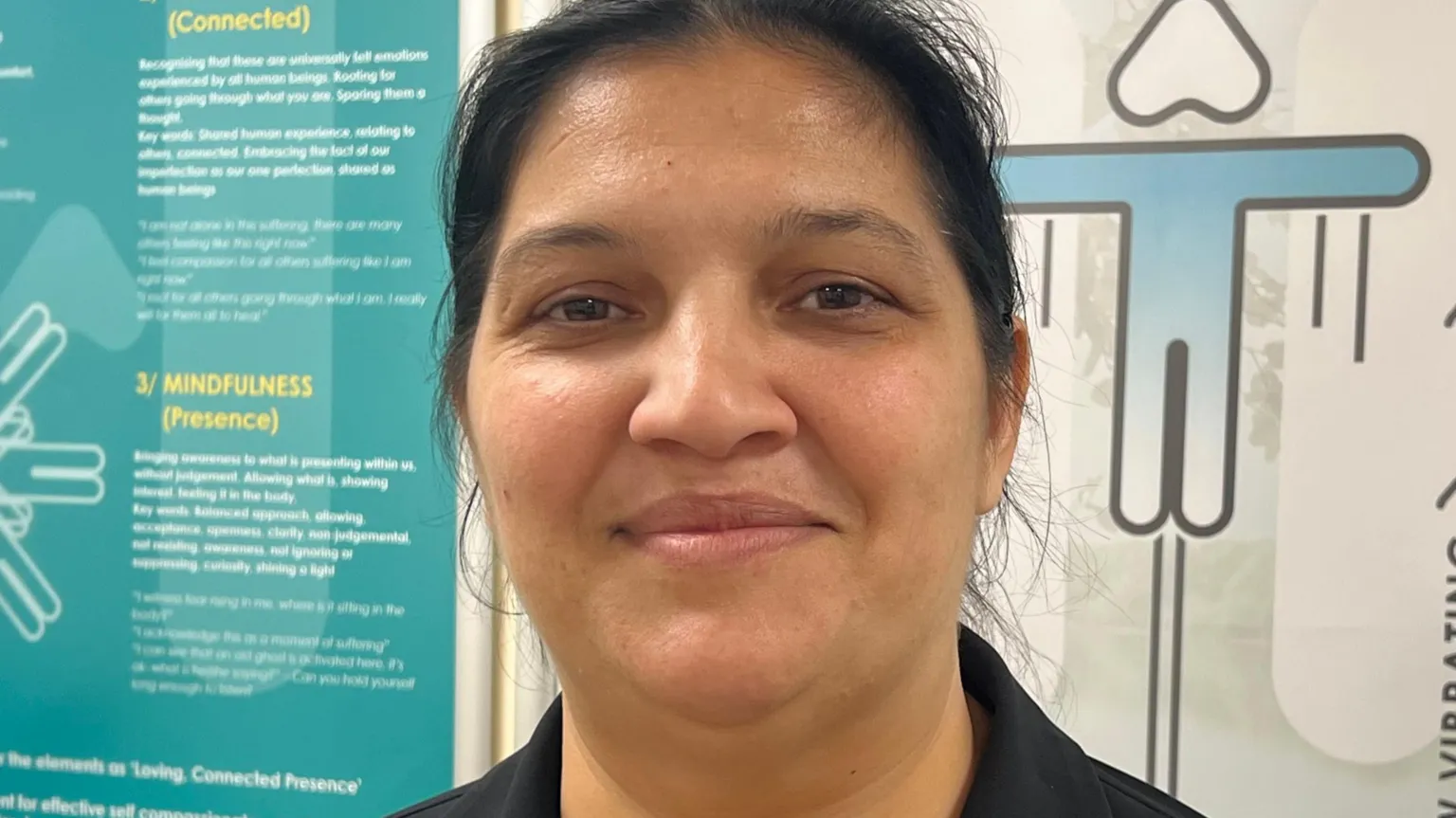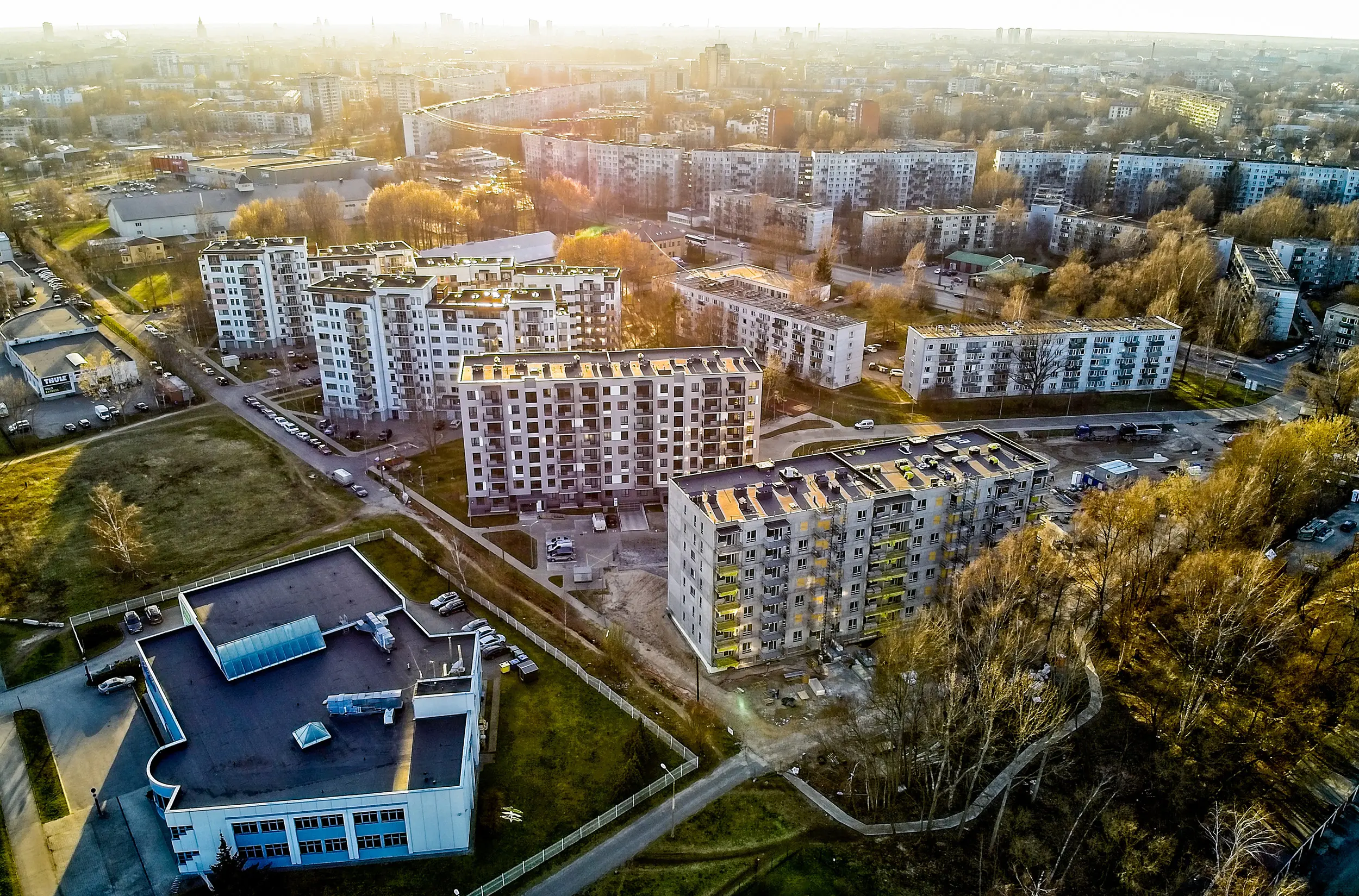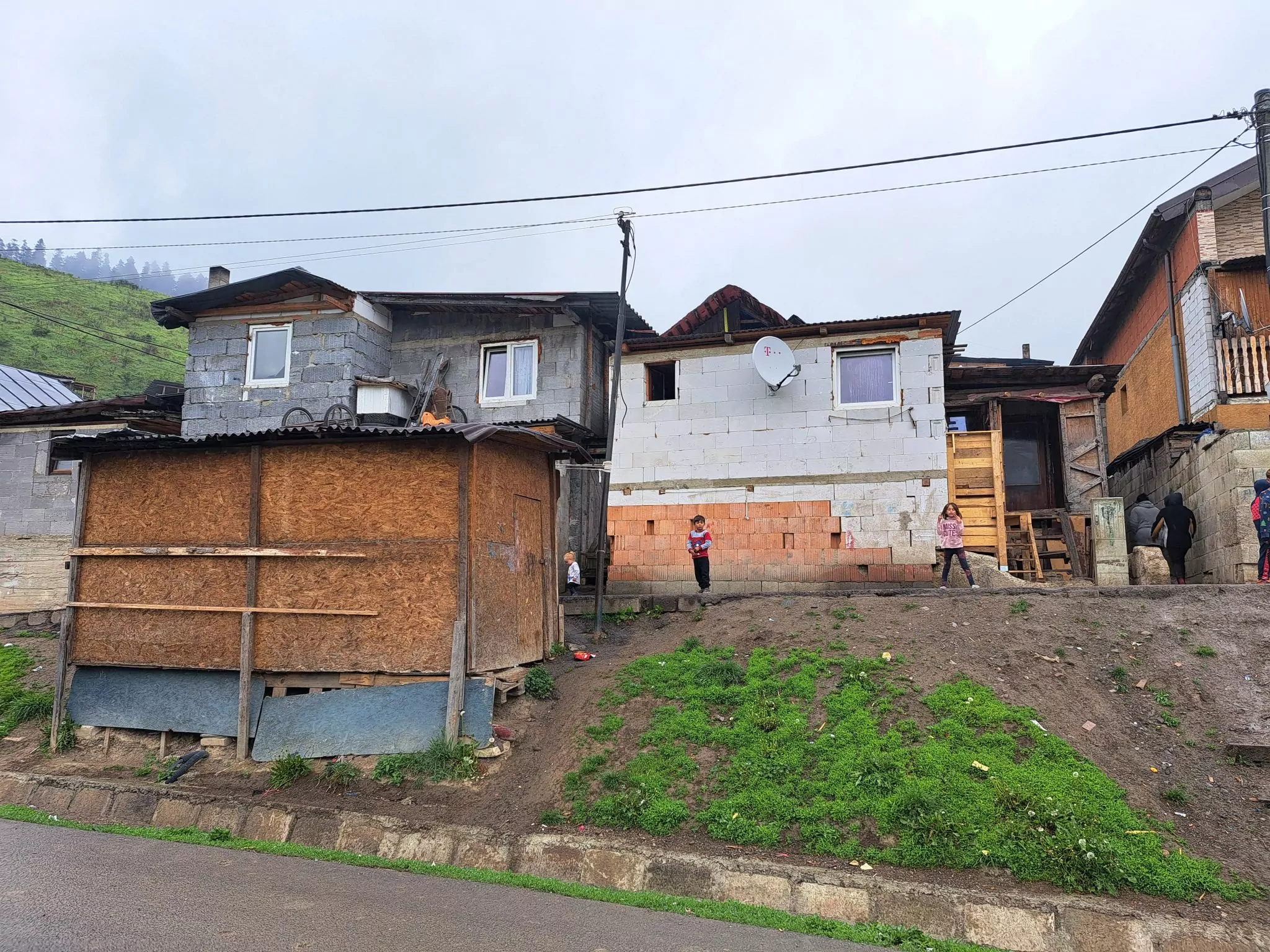The Swiss Press Council decided in two cases we brought to their attention that Journalists of the Neue Zürcher Zeitung and on 20 Minuten.
The «Neue Zürcher Zeitung» violated points 3 (sources) and 8 (prohibition of discrimination) of the «Declaration of the Duties and Rights of Journalists» with the article «North Africans have little to fear» and the corresponding online article. In that article, the journalist said about North African criminals: “contrary to Roma, they are not organised in criminal clans”.
With its article “Protection status S: Resentment over abuse by Roma grows” of February 12, 2024, «20 Minuten» violated points 1 (truth), 3 (withholding important information) and 8 (discrimination) of the «Declaration of the Duties and Rights of Journalists». This article pretty much was stating that Roma refugees from the Ukraine abused the Swiss Asylum, and that many were not even Ukraininas or had false papers.
- 36/2025 Wahrheit / Entstellen von Tatsachen / Menschenwürde. https://presserat.ch/complaints/36_2025/
- 35/2025: Unterschlagen wichtiger Informationen / Diskriminierung. https://presserat.ch/complaints/35_2025/

